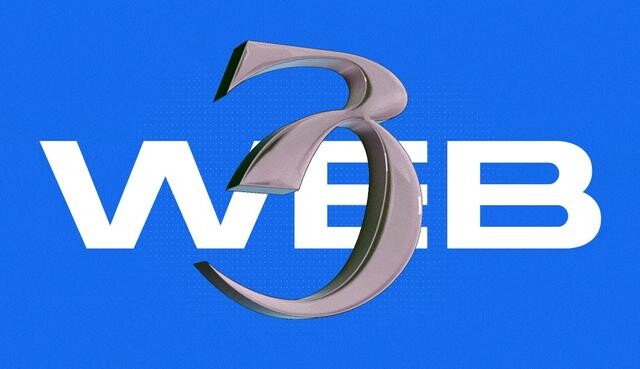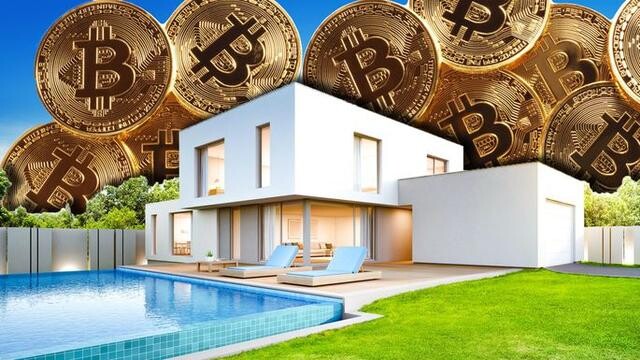What does RAW token mean? What are the types of RAW tokens?
In the field of cryptocurrency, RWA (Real World Asset) is gradually becoming the focus. So, what exactly is RWA? What does RAW token mean? What are the types and advantages? Let's explore the truth.

1、 What does RWA mean?
RWA, also known as "Real World Assets," encompasses a wide range of tangible and intangible assets, including financial assets such as stocks, bonds, and equity, real estate, art, commodities, and intellectual property. In 2020, the global real estate market was valued at $326.5 trillion, with a market value of $12.39 trillion for commodities such as gold, fully demonstrating the enormous value of RWA.
Although RWA holds an important position in the traditional financial industry, its potential for application in decentralized finance (DeFi) has not been fully explored. Introducing RWA into DeFi can bring more liquidity and investment options to participants, while reducing the inherent volatility of the cryptocurrency market through diversified investment portfolios, providing a more stable and secure investment path.
2、 The meaning of RAW token
RAW token is known as the "next-generation market" and represents a huge opportunity for the blockchain industry. In theory, any valuable item can be tokenized and connected to the blockchain network.
RWA tokenization refers to the conversion of various assets (from bonds and equity to real estate, cultural assets, etc.) into blockchain based digital tokens. These tokens can be easily bought, sold, and traded on blockchain platforms, providing a seamless solution for ownership transfer and record maintenance. It is expected that by 2030, real-world asset tokenization will develop into an industry worth up to $16 trillion, completely changing the way assets are held, traded, and issued.
3、 The operation mode of RWA token
Tokenization is the conversion of asset ownership or related rights into digital tokens on the blockchain, which can be applied to various tangible and intangible assets. For physical assets, tokenization creates manageable ownership digital representations; For digital assets, existing digital rights or information are encapsulated in token form.
Tokens are typically designed according to specific standards (such as ERC-20, ERC-721, etc.) for trading and management on different blockchain platforms. Smart contracts play a crucial role in this process, automatically executing transactions and ensuring compliance with rules, managing processes such as token issuance and ownership transfer.

4、 The role of RWA token
Real estate tokenization
Residential tokenization: Lowering investment barriers and dividing real estate projects for sale to developers, institutions, and investors.
Commercial property compliance tokenization: Ensure that commercial properties are tokenized within the legal framework.
Landmark building tokenization: Attracting high-end investors to tokenize iconic buildings in prime locations.
Digital ADR
Digital American Depositary Receipts are traded through blockchain technology, representing foreign company stock ownership, simplifying transaction processes, reducing costs and time, and improving transparency, security, and convenience.
Stock tokenization
Representing ownership of listed or private companies, including profit sharing and voting rights, can be seamlessly traded 24/7 on digital asset exchanges without the need for traditional stock brokers.
Digital bonds
Similar to traditional bonds, which involve providing loans to issuers and paying interest, blockchain technology makes their transactions more efficient, and many also offer features such as automatic coupons and smart contracts.
Debt tokenization
Convert loans into digital form, arrange repayments and pay interest on blockchain platforms, and improve transparency and efficiency.
5、 Types of RAW tokens
RSR(Reserve Rights)
Reserve Rights is a blockchain based stablecoin system that adopts a dual token architecture. Reserve (RSV) is a stablecoin pegged to the US dollar, supported by multiple asset portfolios; Reserve Rights (RSR) is a utility token that maintains RSV stability through arbitrage mechanisms and allows holders to vote on the direction of the ecosystem. In the future, we plan to support RSV with a more diversified asset portfolio and lift our anchoring to the US dollar.
OM(MANTRA)
MANTRA is the first RWA first layer blockchain that focuses on security, capable of complying with and enforcing real-world regulatory requirements, attracting a wider range of users to participate in the future of cryptocurrency and blockchain technology. OM is the native cryptocurrency of Mantra OMniverse, and users can pledge to participate in DeFi activities and vote.
POLYX(Polymesh)
Polymesh is the first licensed public first layer blockchain built specifically for regulated assets, addressing issues in the fields of securities and security tokens. POLYX is its practical cryptocurrency, serving as the fuel for network operations.
ONDO(Ondo Finance)
Ondo Finance is a DeFi platform that tokenizes real-world assets onto the blockchain, allowing investors to indirectly invest in financial products. Ondo establishes a transparent and efficient investment infrastructure system to lower the entry barrier for investors.
MPL(Maple Finance)
Maple Finance provides a platform for cryptocurrency and RWA loan pools, allowing institutions to use lending pools to tokenize RWA as collateral. MPL is Maple's native token that promotes platform governance and reward mechanisms.
6、 Advantages of RWA
Partial ownership: Investors can have partial ownership of assets, enhancing asset liquidity and allowing smaller investors to participate in assets that were previously difficult to access.
Global trading: Achieve 24/7 global market trading, enhance investment accessibility, and promote democratization of investment opportunities.
Security and Transparency: Transaction records are stored on a decentralized ledger to ensure security, transparency, and auditability, reducing fraudulent behavior.
Asset Fragmentation: Splitting assets into smaller parts, providing greater ownership and management flexibility, and driving innovation in new investment products.
Diversification of Investment: Diversify investment portfolios by tokenizing traditional financial instruments and expanding into a wider range of asset classes.
Convenient trading: tokenized assets are traded more conveniently on cryptocurrency exchanges, attracting traders who pursue higher liquidity.
In short, RWA tokenization has enormous potential in the financial sector and is profoundly changing the global financial market landscape. For investors, understanding the advantages of RWA and its tokenization can help them seize new investment opportunities. If you are interested in Web3 real estate investment, please visit our website: worldes. Here, we will blockchain real estate, and you can purchase property tokens for investment, starting a new investment journey.

